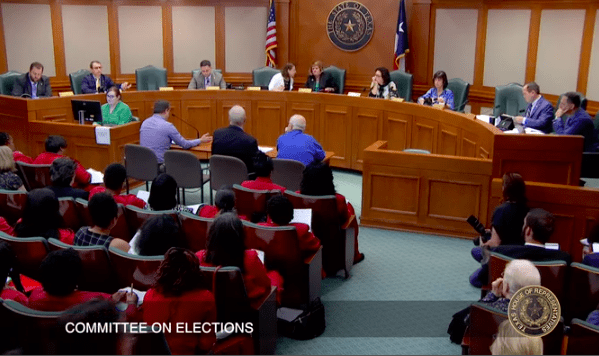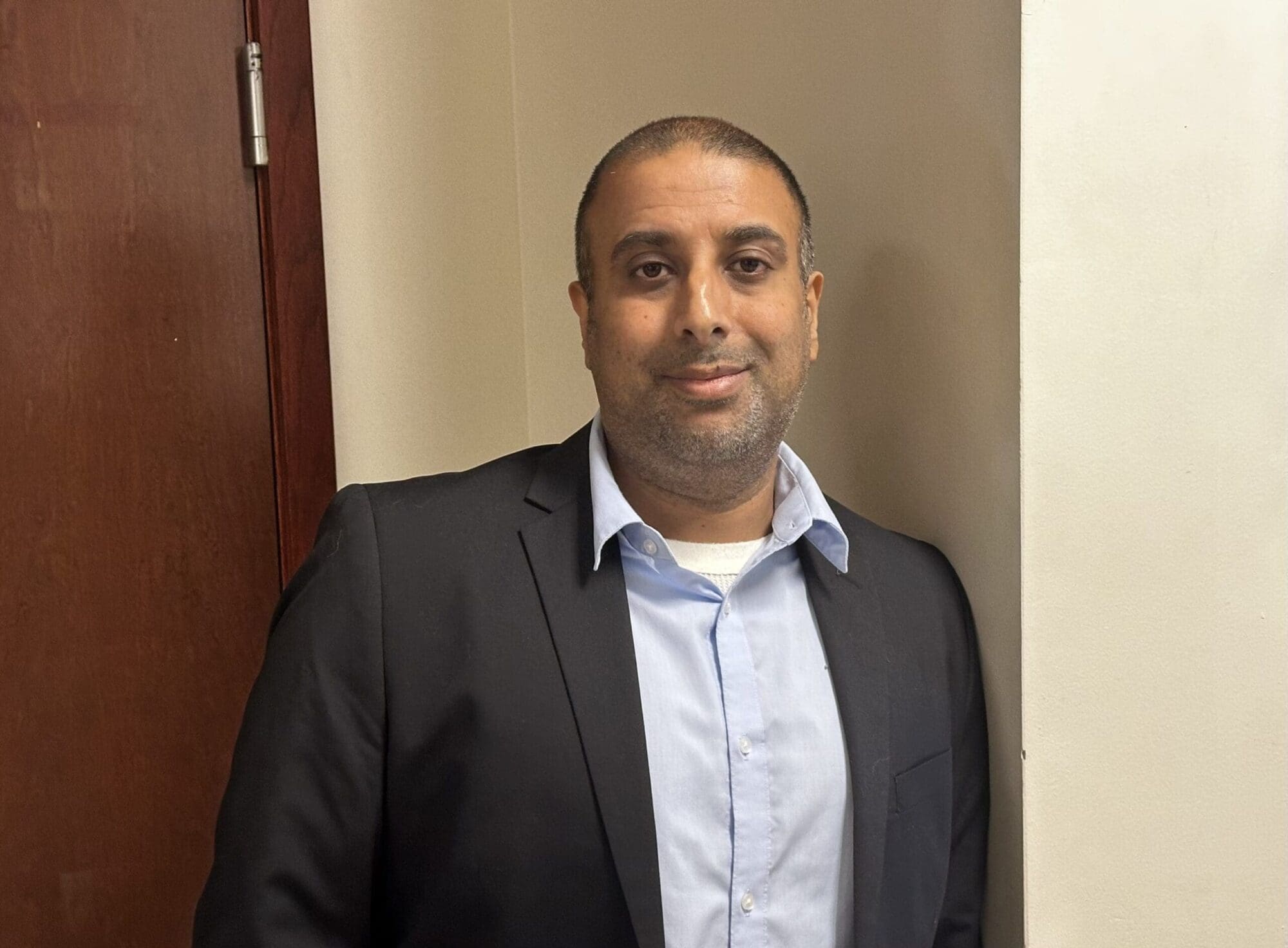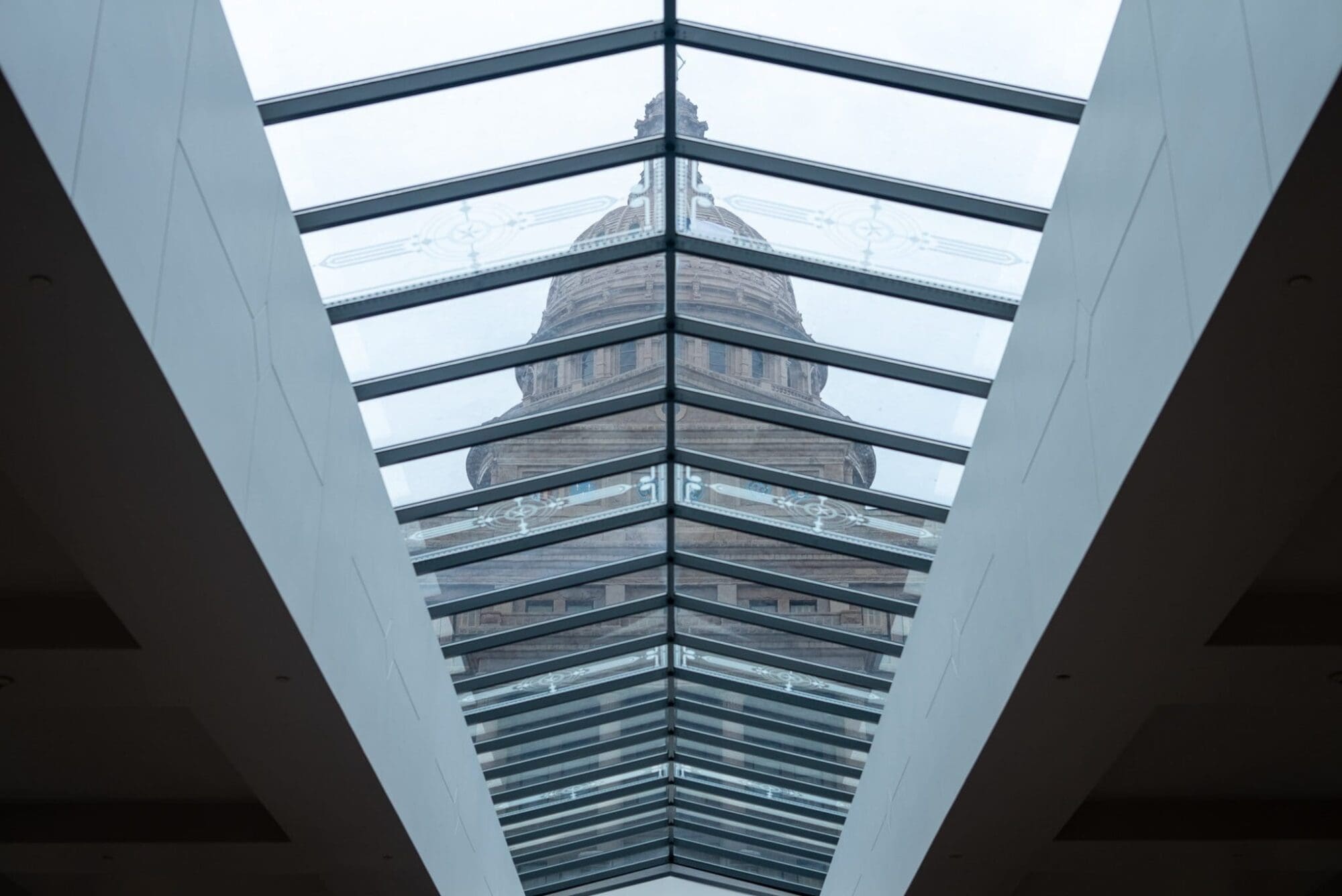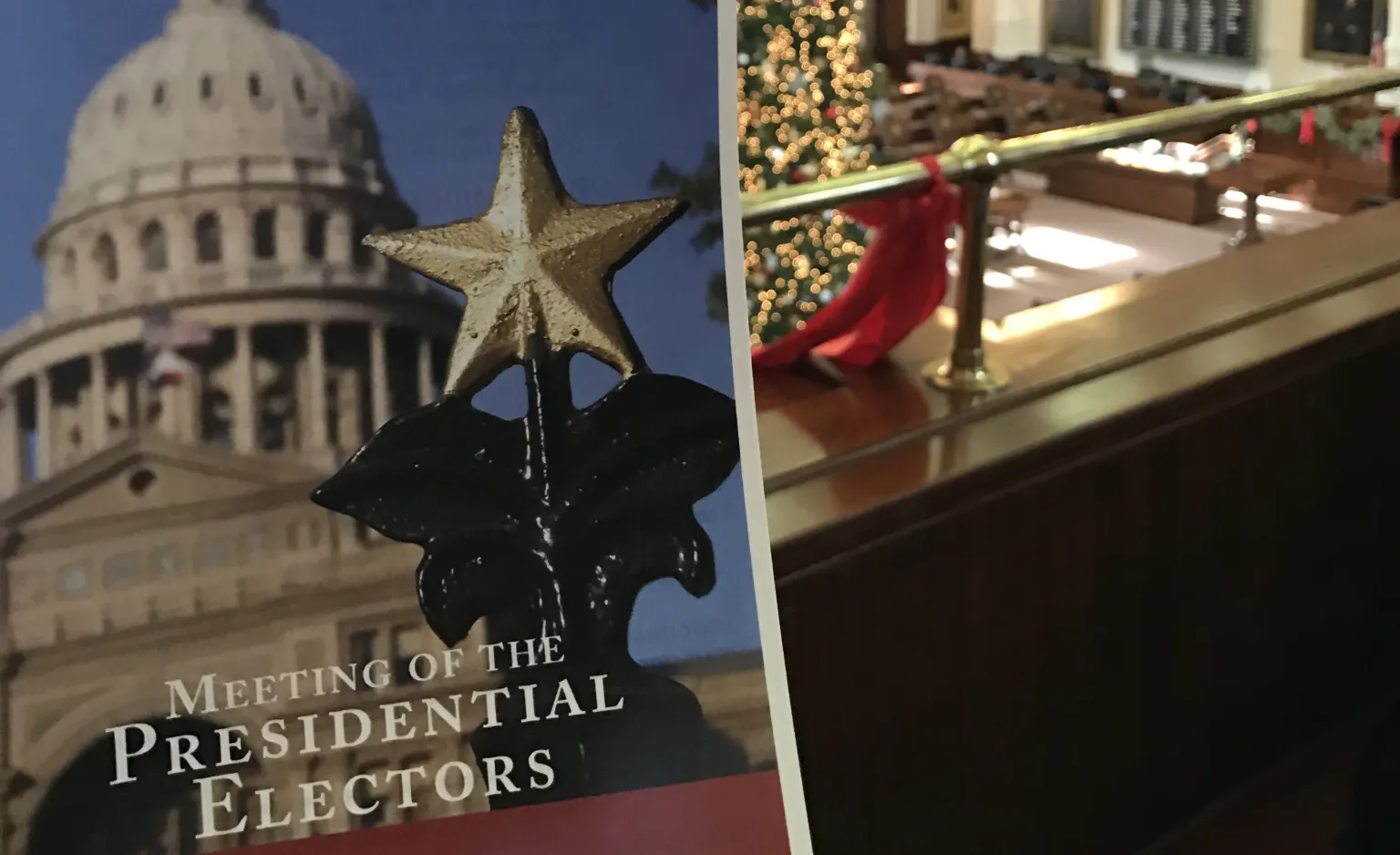This session’s highest-priority election integrity legislation, Senate Bill 9, received a public hearing in the House Elections Committee Wednesday, just days before the deadline for Senate bills to advance through the Texas House. All Senate bills must be reported out of House committees by Saturday to have a chance at passing.
The comprehensive reform bill authored by State Sen. Bryan Hughes (R–Mineola) is based on the work of the interim Senate Select Committee on Election Security headed by Hughes in 2018.
State Rep. Stephanie Klick (R–Fort Worth), who chairs the Elections Committee, laid out a revised version of the bill called a committee substitute that incorporates amendments to SB 9 added on the Senate floor as well as changes made by Klick.
“The intent of this committee substitute is neither voter suppression nor enabling voter fraud,” Klick told the panel. “Ultimately, the intent of SB 9 is to strengthen election integrity and to ensure all votes cast are legitimate votes and no legal voter is inhibited from casting their ballot.”
The bill’s main provisions address criminal penalties for new and existing election infractions; new rules for voter registration and voting by mail, voter assistance, and poll watchers; election contests involving alleged fraud; state and county election officials and procedures; and a pilot program for risk-limiting audits.
The most significant change from the Senate’s version of the bill is the removal of a section to discontinue use of direct-recording electronic (DRE) voting machines—a change applauded by Williamson County Elections Administrator Chris Davis, who heads the Texas Association of Elections Administrators.
“Thank you for listening to county election officials’ largest concern, decertification of DREs,” Davis told Klick. Yet Davis opposed the overall bill due to concerns about criminalizing the “innocent omission of one of the many tasks” election judges must perform, saying it would have a “chilling effect” on counties’ ability to recruit poll workers. The bill makes it a Class B misdemeanor if a presiding election judge fails to print voting machine tapes as required by state law.
Davis was among about six dozen people who testified during the six hours of hearings. The meeting started early Wednesday with an overflow crowd queued up to speak, then reconvened that night for testimony that extended past midnight.
Like Davis, most of the witnesses spoke against one or more portions of the bill.
Several opposed the committee substitute bill because of the very change Davis approved, testifying that a paper trail is needed to properly verify election results. Others told the committee decertifying DREs would leave the state dependent on just one voting machine vendor.
The top complaint heard from Democrats, liberal activist groups, and community organizers at the hearing was that criminalizing fraudulent voter registration applications and illegal voter assistance would make voting “harder, scarier, and more confusing,” and could end up punishing “innocent mistakes.”
Others opposed provisions to locate countywide polling places based on numbers of registered voters, saying the changes would result in more voting centers being closed in minority areas protected by the Voting Rights Act, where voter registration rates are typically lower. Klick noted that SB 9 increases the number of countywide polling places required in high-turnout even-year November elections.
Democrat State Rep. Rafael Anchia of Dallas, who is not a member of the Elections Committee, took to the dais to question witnesses throughout the hearings. The head of the Mexican American Legislative Caucus ate up public testimony time grandstanding about the perceived defects of the bill and asking leading questions.
“Does this bill discriminate against people of color?” Anchia asked the Texas Democratic Party’s Glen Maxey. “It does discriminate against people of color,” Maxey responded.
Anchia mused to another witness that “what people believe is fraud is more often than not just a mistake,” echoing a talking point repeated frequently during the hearing.
The bill escalates penalties for knowingly making a false statement on a voter registration application or providing voter assistance illegally—violations prosecutors are encountering as they investigate organized election fraud. SB 9 also prohibits voter registration applications that are prechecked to indicate the applicant is a U.S. citizen, another problem that cropped up recently in South Texas. The applicant’s own affirmation, by checking the box, is the only verification of citizenship Texas voters undergo.
SB 9 also specifically authorizes the secretary of state’s office to share voter data with other states as part of an interstate crosscheck program, fulfilling a directive enacted in 2015.
Bob Kecseg, State Republican Executive Committeeman for Hughes’ Senate District 1, asked during his testimony if committee members had viewed the interim Election Security hearing on which Hughes based SB 9; only Klick acknowledged she had. Kecseg noted that prosecutors from the Texas Attorney General’s office and Starr County District Attorney Omar Escobar—people on the front lines investigating and prosecuting cases of organized election fraud—asked lawmakers for enhanced penalties and other provisions in SB 9 to help them with enforcement and to cut down on the types of fraudulent activity they are seeing in South Texas and across the state.
The Elections Committee will meet this week to vote on whether to advance SB 9 and other pending bills to the Calendars Committee, which decides what bills get placed on the House calendar for a vote. Tuesday at midnight is the deadline for Senate bills to be voted on by the full House.
If passed by the House, SB 9 will go to a conference committee that must work out differences between the House and Senate versions before a final bill can be approved by both chambers and sent to the governor for signature.





